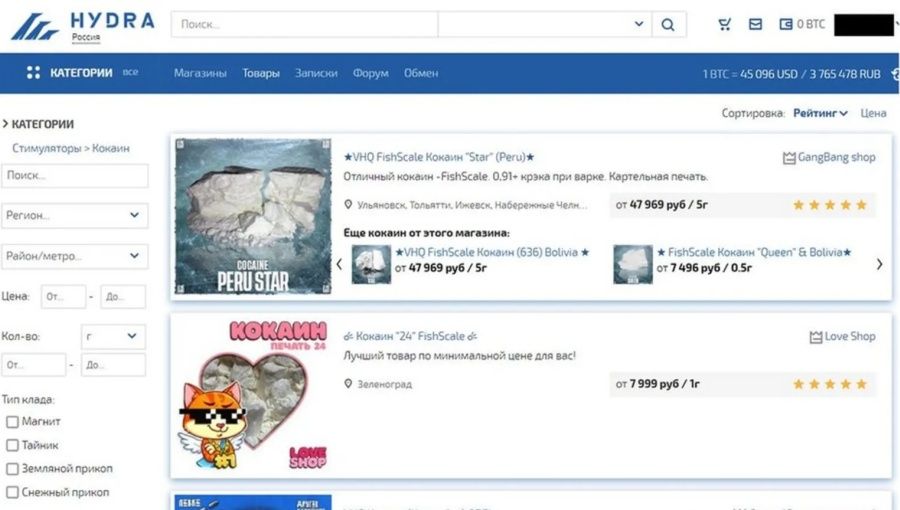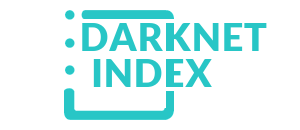The darknet, also known as the dark web, is a concealed section of the internet that's inaccessible via standard search engines. You can only access it using special software, settings, or authorization. This area comprises websites and content that are purposely kept hidden from public view.
Accessing darknet requires using Tor Browser, a special web browser that routes your internet traffic through a global network of relays managed by volunteers. This way, it becomes very difficult to trace which websites you're visiting, and these sites won't know where you are located.
When visiting the dark web, use a secure browser like Tor, do not reveal any of your personal information, and don't open suspicious files or links to stay safe.
The Darknet is often utilized for secure communication, discreet information or file sharing, anonymous research without identity exposure, and occasionally for engaging in illicit activities. It is also recognized for hosting underground black markets(darknet markets), whistleblowing platforms, and discussion boards that champion freedom of speech.
While accessing Darknet Markets themselves is typically not against the law in most places, engaging with illicit goods within them is generally considered a crime. On the other hand, some people might visit Darknet Markets for lawful purposes such as research, journalistic work, or simply to explore online communities. It's essential to know the local laws regarding online activities, and be cautious when using these platforms to avoid any potential issues.
Hydra Darknet Market Founder Sentenced to Life for Drug Trafficking and Cybercrime
Stanislav Moiseyev, co-founder of Hydra, one of the world's largest darknet markets, has been sentenced to life in prison by a Russian court. Hydra operated from 2015 until 2022 and became notorious for facilitating the illegal sale of drugs and other illicit services. Moiseyev’s sentence follows the conviction of 15 associates, who received prison terms between 8 and 23 years. The court also imposed fines totaling RUB 20 million ($188,000) and seized assets like vehicles and properties.
Hydra's Illegal Network: Drugs, Ransomware, and More
Moiseyev was found guilty of leading a criminal syndicate responsible for manufacturing and distributing illegal drugs across Russia and Belarus. Prosecutors revealed how the group operated hidden drug labs and storage sites. These locations were camouflaged in homes, garages, and vehicles with secret compartments. Hydra’s platform enabled anonymous transactions via cryptocurrency, making it difficult for authorities to trace illegal activities. During raids, law enforcement seized almost one tonne of illegal drugs.

How Hydra Became the World's Largest Darknet Market
Hydra began operating in 2015 and quickly rose to prominence in the global darknet market. While the platform was best known for drug trafficking, it also offered illegal services such as ransomware, hacking tools, stolen data, and counterfeit currency. By 2021, Hydra was responsible for 80% of global darknet market revenue, according to Chainalysis. It hosted over 19,000 vendors and 17 million users. In 2020, Hydra’s annual revenue exceeded $1.3 billion. Hydra relied on the Tor network to protect user anonymity, making it even more challenging for law enforcement to investigate.
Global Effort to Shut Down Hydra
In 2022, global law enforcement collaboration led to the seizure of Hydra’s servers in Germany. Although Russian authorities had been investigating Hydra for years, they were unaware of the operation. Russian officials, including Irina Volk from the Interior Ministry, claimed that German authorities "unilaterally seized Hydra's servers" and handed over the data to U.S. officials. Later that year, the U.S. imposed sanctions on Hydra, accusing it of facilitating drug trafficking, money laundering, and other crimes.
The U.S. Sanctions and Arrests in Russia
Following these sanctions, the U.S. Treasury Department referred to Russia as a "haven for cybercriminals." This led to several arrests in Russia, including Dmitry Pavlov, a 30-year-old businessman. Pavlov was accused of running Hydra’s servers through his family’s hosting company, Promservice. Though he denied the allegations, he was arrested on drug trafficking charges. Pavlov has not yet been sentenced.
Hydra was not the only Russian-based platform targeted by the U.S. before its shutdown. Other virtual currency exchanges like Garantex, SUEX, and CHATEX were also sanctioned for their ties to cybercrime.
The Growing Fight Against Darknet Crime
This case highlights the growing global effort to dismantle darknet markets and combat the illegal activities they facilitate, such as drug trafficking, money laundering, and cybercrime. As authorities ramp up their efforts to tackle these online criminal networks, it shows how challenging it is for law enforcement to stay ahead of rapidly evolving digital crimes.
